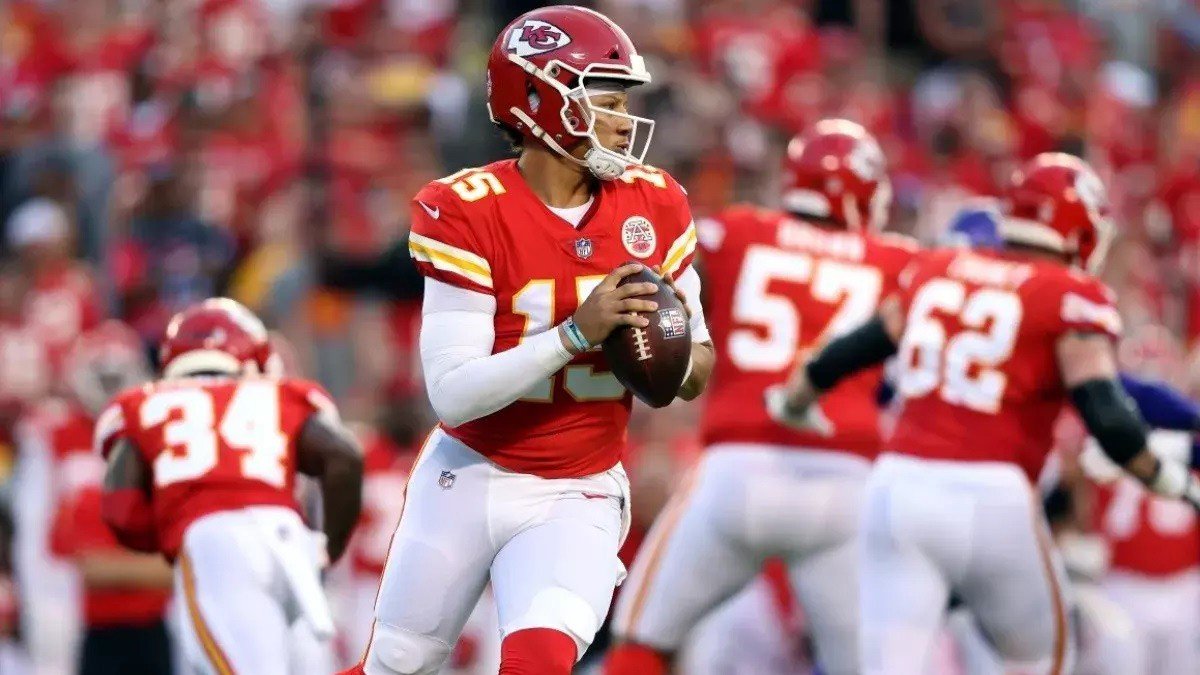Brazil’s sports ministry seeks permanent oversight committee for betting revenue

Brazil’s national secretary of sports betting and economic development, Giovanni Rocco, has proposed the formation of a permanent interministerial committee to monitor the flow of tax revenue from the country’s newly regulated sports betting market.
Speaking at a joint hearing this week involving the Ministry of Sports, the Ministry of Finance, and the Chamber of Deputies’ subcommittee on sports betting regulation, Rocco addressed the need for accountability in how betting funds are distributed to sporting entities.
“The allocation of resources is a major concern for the Ministry of Sports,” Rocco told attendees. He pointed to a critical gap in tax collection in the months preceding the launch of Brazil’s regulated fixed-odds betting market on January 1, 2025, as evidence of weak oversight.
According to Rocco, betting operators have benefited immensely from their involvement in sports and should therefore be held accountable for their impact on Brazilian society.
“Betting companies owe a social debt to Brazilian sports, as they have used sports to enter people’s lives and homes. Therefore, this compensation must be appropriate so that we can address the problems arising from betting as a whole,” he said.
Representatives from various sports organizations echoed the ministry’s concerns. Antônio Hora, president of the Brazilian School Sports Confederation, raised questions about the accuracy and reliability of current funding allocations.
“We private entities are able to receive the resources, but we have no guarantee that those amounts are correct, due to the lack of transparency mentioned here,” Hora said.
Currently, 36% of all tax revenue from sports betting is channeled into the sports sector, with the Ministry of Sports receiving the largest share at 22.2%. Other beneficiaries include the National Sports System entities (7.3%), Brazilian Olympic Committee (2.2%), Brazilian Paralympic Committee (1.3%), and several regional and thematic sports organizations.
These include the Brazilian Club Committee, state-level sport departments, and federations for school, university, master, and Paralympic sports, all receiving between 0.3% and 0.7%.
To address concerns over the current allocation framework, the Secretariat of Prizes and Bets opened a public consultation in June. The initiative seeks to make the allocation of fixed-odds betting revenue “more effective and efficient.”
The Ministry of Sports' renewed push for transparency comes at a time when the football industry in Brazil is growing increasingly dependent on betting partnerships. Rocco noted that 18 of Brazil’s 20 top-tier football clubs are currently backed by betting companies.
In August, Flamengo struck a record-breaking BRL250 million ($45.9 million) sponsorship deal with Betano, making it the most lucrative contract in Brazilian football history.
This growing dependence has prompted lawmakers to weigh the broader consequences of betting’s influence on sports. In May, the Senate approved a proposal to restrict gambling advertisements, especially during live sports broadcasts.
The bill, which is now under review by the Chamber of Deputies, would also prohibit the use of active athletes in advertisements, with exceptions only for retired athletes who have been out of the game for at least five years.
While the potential restrictions have sparked debate, Rocco cautioned against a hasty rollback of betting’s presence in Brazilian football without evaluating its economic role. “Initially, due to a lack of oversight and control, betting houses took all the investment in Brazilian football,” he said.

















